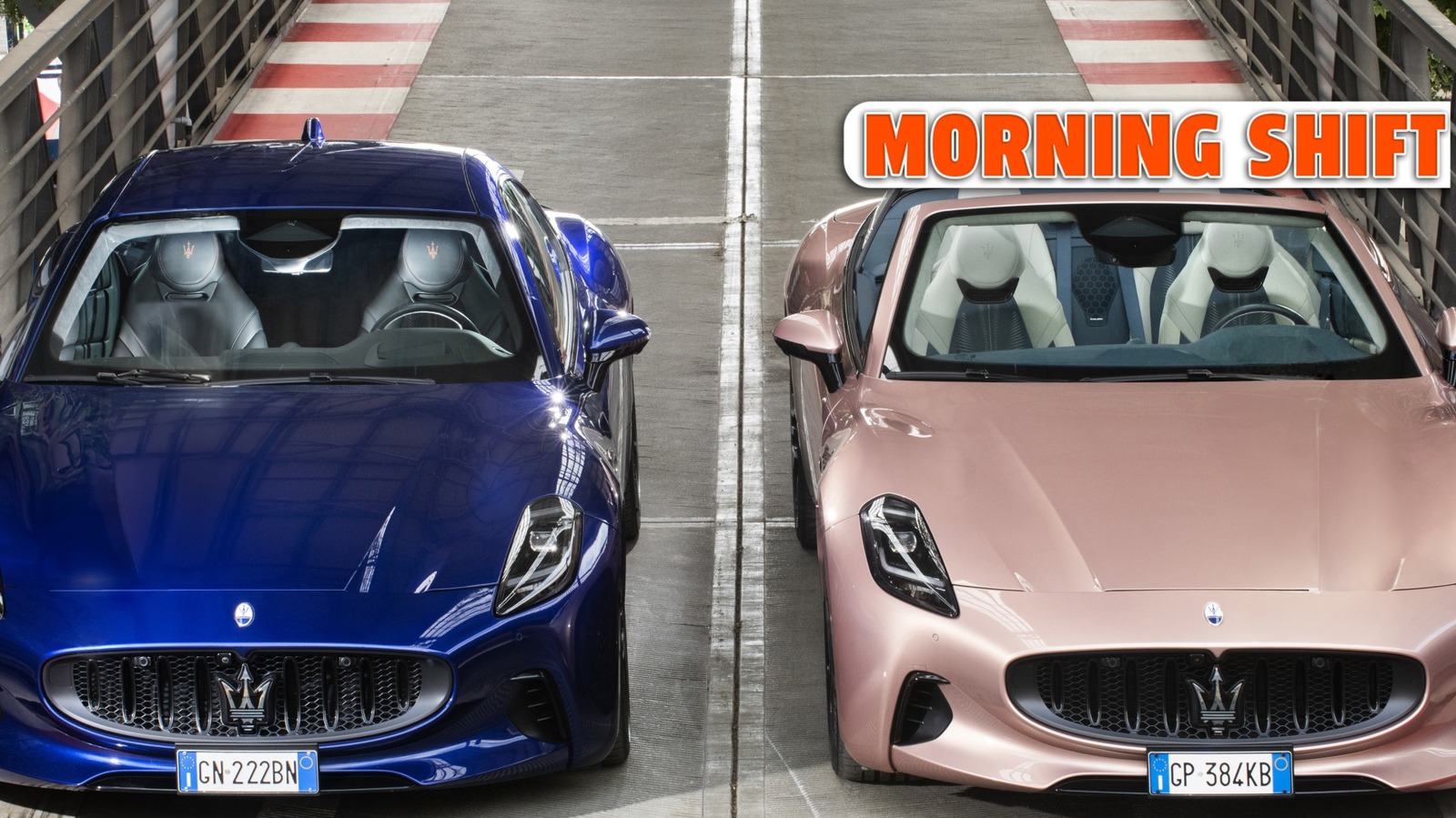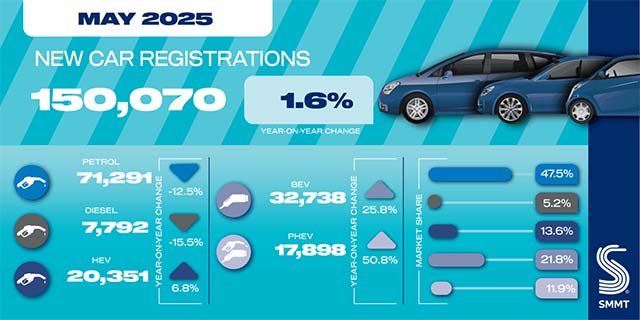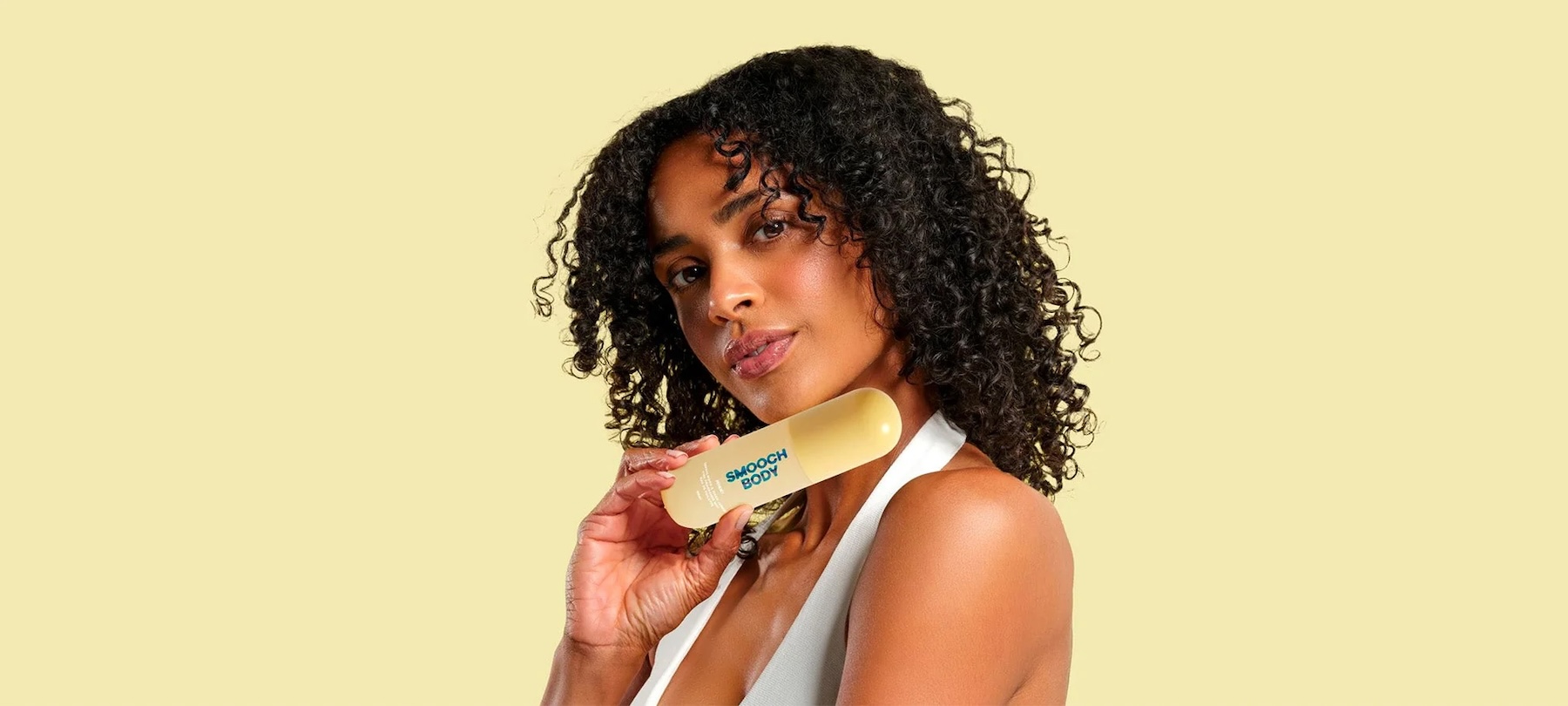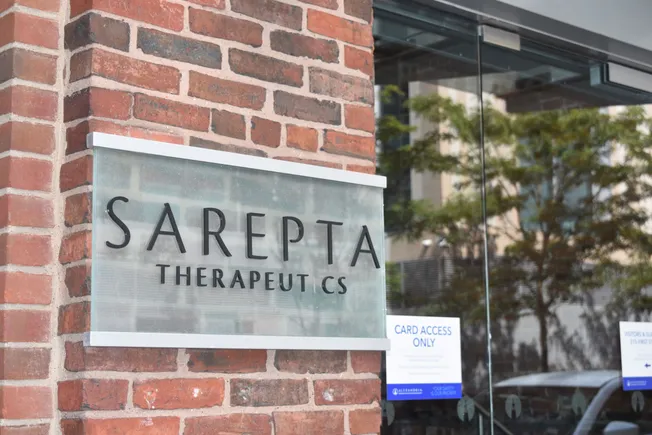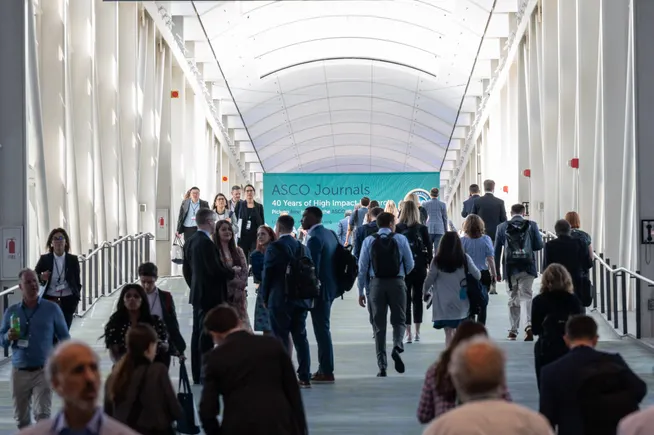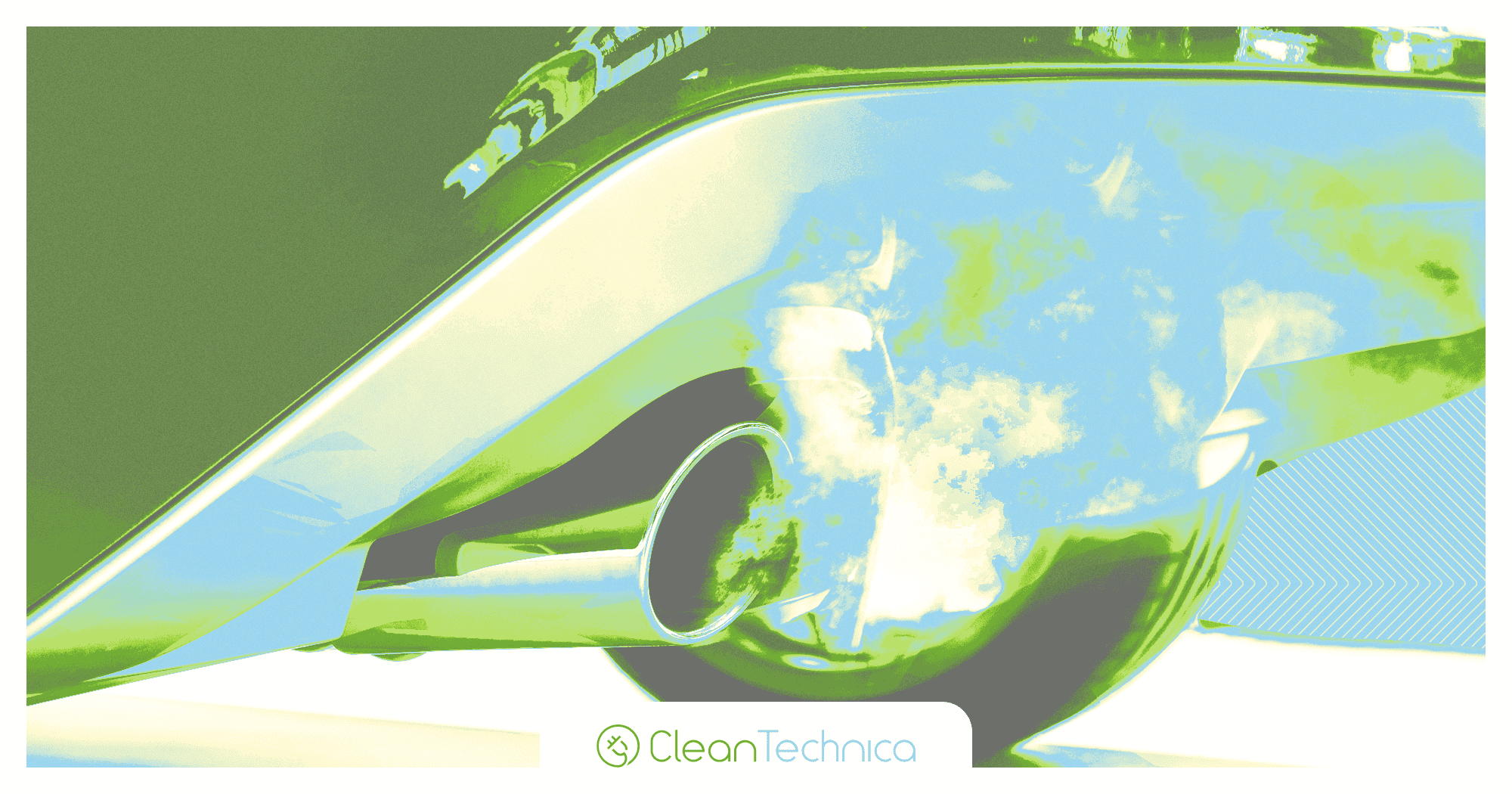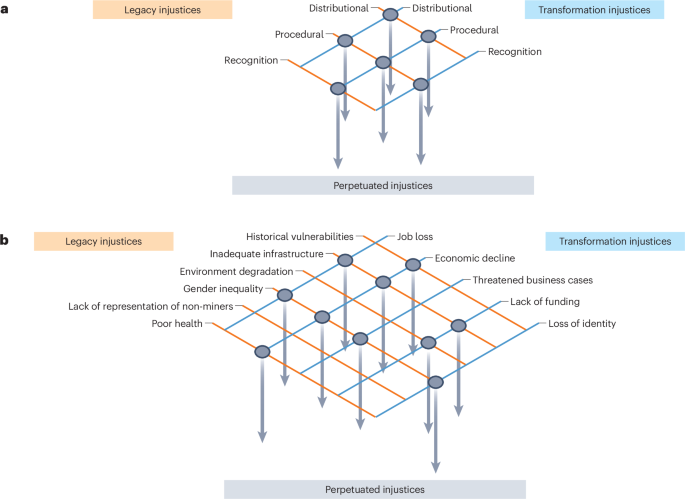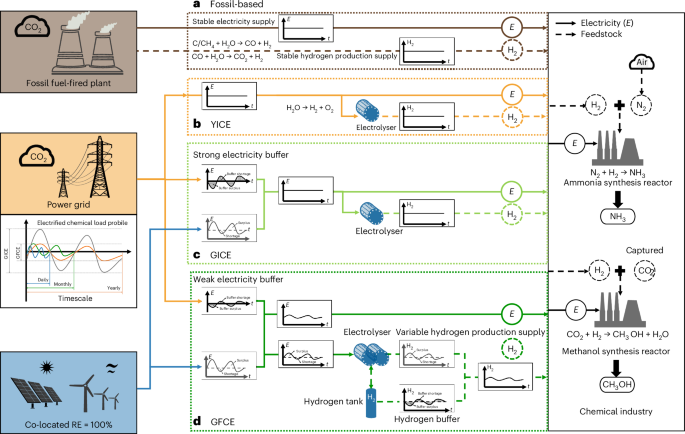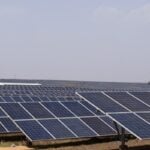Biological Parenthood and Inequality
For the Balkinization Symposium on Legal Pathways Beyond Dobbs. Douglas NeJaime The law too often treats parenthood as simply a biological fact—one that naturally flows from birth or DNA. Indeed, courts refer to the birth parent or genetic parent as the “natural” parent. The law routinely treats biological parents as legal parents, regardless of whether they are in fact parenting their children. At the same time, the law consistently treats nonbiological parents as legal strangers, even when they have formed a deeply bonded parent-child relationship. This legal system harms children, making their relationships to the people who are parenting them less stable and secure. As this brief essay shows, this system also perpetuates, yet obscures, inequality. Same-sex couples are not similarly situated to different-sex couples with respect to biological parenthood. They typically include a parent without a gestational or genetic tie to the child. Despite this, courts and legislatures fail to appreciate the ways in which a biology-based system of parental recognition discriminates against LGBTQ people. Consider just one example. Darla Grese and Denise Hawkins had a child together with donor sperm. They raised their child for several years before separating. Eventually, Grese, the biological mother, refused to allow Hawkins, the nonbiological mother, to maintain her parent-child relationship. The Virginia courts determined that Hawkins, without a biological tie to the child, was not a legal parent. Hawkins argued that a biological requirement for parentage harmed LGBTQ parents. Unconvinced, the Virginia court held that the state’s “definition of parentage does not discriminate between same-sex and opposite-sex couples.” The court saw no differentiation between a nonbiological mother in a same-sex couple and a nonbiological father in a different-sex couple, reasoning that “the non-biological/non-adoptive partner is not a parent irrespective of gender or sexual orientation.” On this view, biological connection is a neutral and benign feature of parental recognition. For some, the exclusion of LGBTQ parents is not merely an incidental consequence of a framework derived from nature; instead, it is the very reason to adhere to the framework. Today, the appeal to biology provides a less overtly hostile way to privilege the heterosexual, gender-differentiated family. Consider the growing role of biological arguments in debates over assisted reproduction. These arguments do not tend to treat all assisted reproduction as suspect. Instead, they focus on assisted reproduction with donor gametes or through surrogacy. Parents who rely on donor gametes or surrogates—i.e., nonbiological parents—are viewed with suspicion in a way that parents who use their own gametes or birth their own children—i.e., biological parents—are not. According to Brian Clowes, the research director at Human Life International, in vitro fertilization (IVF) should be limited to married couples on the following condition: “The wife must contribute the egg and the husband must contribute the sperm.” Similarly, Emma Waters of the Heritage Foundation rejects surrogacy in which male same-sex couples want a child “that they, by nature cannot bear themselves.” Conservative advocates connect assisted reproduction to debates over parentage. Katy Faust, the founder of Them Before Us, an organization that purports to represent the interests of donor-conceived persons, criticizes “services that create motherless and fatherless children for singles and same-sex couples” in the very same sentence in which she impugns efforts to “re-write legal parenthood so unrelated adults can skip the adoption process and acquire parental rights with the stroke of a pen.” This position, which rejects assisted reproduction and parental determinations that detach parenthood from biological ties, necessarily rejects LGBTQ families. By appealing to biological parenthood, commentators make it seem as though same-sex couples are being excluded on the basis of nature, not animus. Waters, for example, urges readers to resist “the myth that a synthetic same-sex coupling is equivalent to the natural family.” From this perspective, same-sex couples are imposters; they can never create real families. As references to “motherless and fatherless children” suggest, arguments for biological parenthood seamlessly lead to arguments not only against LGBTQ parenting but also in favor of dual-gender parenting. According to Faust, “Children have a right to both biological parents.” In the next breath, she argues that children “actually crave male and female parental love and receive unique and complimentary benefits from both mother and father.” As Waters observes, “when a same-sex couple uses anonymous sperm or egg donations, they deprive the resulting child of either a mother or father.” The appeal to biological parenthood thus becomes a stand-in for arguments against LGBTQ parenthood and in favo
For the Balkinization Symposium on Legal Pathways Beyond Dobbs.
Douglas NeJaime
The law too often treats parenthood as simply a biological fact—one that naturally flows from birth or DNA. Indeed, courts refer to the birth parent or genetic parent as the “natural” parent. The law routinely treats biological parents as legal parents, regardless of whether they are in fact parenting their children. At the same time, the law consistently treats nonbiological parents as legal strangers, even when they have formed a deeply bonded parent-child relationship. This legal system harms children, making their relationships to the people who are parenting them less stable and secure. As this brief essay shows, this system also perpetuates, yet obscures, inequality.
Same-sex couples are not similarly situated to different-sex couples with respect to biological parenthood. They typically include a parent without a gestational or genetic tie to the child. Despite this, courts and legislatures fail to appreciate the ways in which a biology-based system of parental recognition discriminates against LGBTQ people. Consider just one example. Darla Grese and Denise Hawkins had a child together with donor sperm. They raised their child for several years before separating. Eventually, Grese, the biological mother, refused to allow Hawkins, the nonbiological mother, to maintain her parent-child relationship. The Virginia courts determined that Hawkins, without a biological tie to the child, was not a legal parent. Hawkins argued that a biological requirement for parentage harmed LGBTQ parents. Unconvinced, the Virginia court held that the state’s “definition of parentage does not discriminate between same-sex and opposite-sex couples.” The court saw no differentiation between a nonbiological mother in a same-sex couple and a nonbiological father in a different-sex couple, reasoning that “the non-biological/non-adoptive partner is not a parent irrespective of gender or sexual orientation.”
On this view, biological connection is a neutral and benign feature of parental recognition. For some, the exclusion of LGBTQ parents is not merely an incidental consequence of a framework derived from nature; instead, it is the very reason to adhere to the framework. Today, the appeal to biology provides a less overtly hostile way to privilege the heterosexual, gender-differentiated family.
Consider the growing role of biological arguments in debates over assisted reproduction. These arguments do not tend to treat all assisted reproduction as suspect. Instead, they focus on assisted reproduction with donor gametes or through surrogacy. Parents who rely on donor gametes or surrogates—i.e., nonbiological parents—are viewed with suspicion in a way that parents who use their own gametes or birth their own children—i.e., biological parents—are not. According to Brian Clowes, the research director at Human Life International, in vitro fertilization (IVF) should be limited to married couples on the following condition: “The wife must contribute the egg and the husband must contribute the sperm.” Similarly, Emma Waters of the Heritage Foundation rejects surrogacy in which male same-sex couples want a child “that they, by nature cannot bear themselves.”
Conservative advocates connect assisted reproduction to debates over parentage. Katy Faust, the founder of Them Before Us, an organization that purports to represent the interests of donor-conceived persons, criticizes “services that create motherless and fatherless children for singles and same-sex couples” in the very same sentence in which she impugns efforts to “re-write legal parenthood so unrelated adults can skip the adoption process and acquire parental rights with the stroke of a pen.” This position, which rejects assisted reproduction and parental determinations that detach parenthood from biological ties, necessarily rejects LGBTQ families.
By appealing to biological parenthood, commentators make it seem as though same-sex couples are being excluded on the basis of nature, not animus. Waters, for example, urges readers to resist “the myth that a synthetic same-sex coupling is equivalent to the natural family.” From this perspective, same-sex couples are imposters; they can never create real families.
As references to “motherless and fatherless children” suggest, arguments for biological parenthood seamlessly lead to arguments not only against LGBTQ parenting but also in favor of dual-gender parenting. According to Faust, “Children have a right to both biological parents.” In the next breath, she argues that children “actually crave male and female parental love and receive unique and complimentary benefits from both mother and father.” As Waters observes, “when a same-sex couple uses anonymous sperm or egg donations, they deprive the resulting child of either a mother or father.” The appeal to biological parenthood thus becomes a stand-in for arguments against LGBTQ parenthood and in favor of gender complementarity. Arguments for biological parenthood can smuggle in arguments that rely on sex-based stereotypes—requiring a mother and father without clarifying exactly why.
Women, as a class, suffer in this system. Motherhood is seen as a woman’s “natural” destiny. This stereotypical view consigns women to gender-based roles and justifies such roles in biological terms. Of course, this is the same view that justifies restrictions on women’s reproductive autonomy—prohibiting abortion so that the social role of mother flows inevitably from the physical fact of pregnancy. Within this system, women who parent children in the absence of a biological tie struggle to be treated as real parents. The law fails to credit these nonbiological mothers’ critical work of caregiving, seeing these women instead as inadequate substitutes for the real thing.
Ultimately, we are left with a biological system of parenthood that reinscribes the traditional family without saying so explicitly. This system denigrates LGBTQ parents and harms women. Yet those suffering from these group-based injuries struggle to clearly name them, working against a regime that justifies itself by appeal to nature.
Douglas NeJaime, Anne Urowsky Professor of Law, Yale Law School, douglas.nejaime@yale.edu








